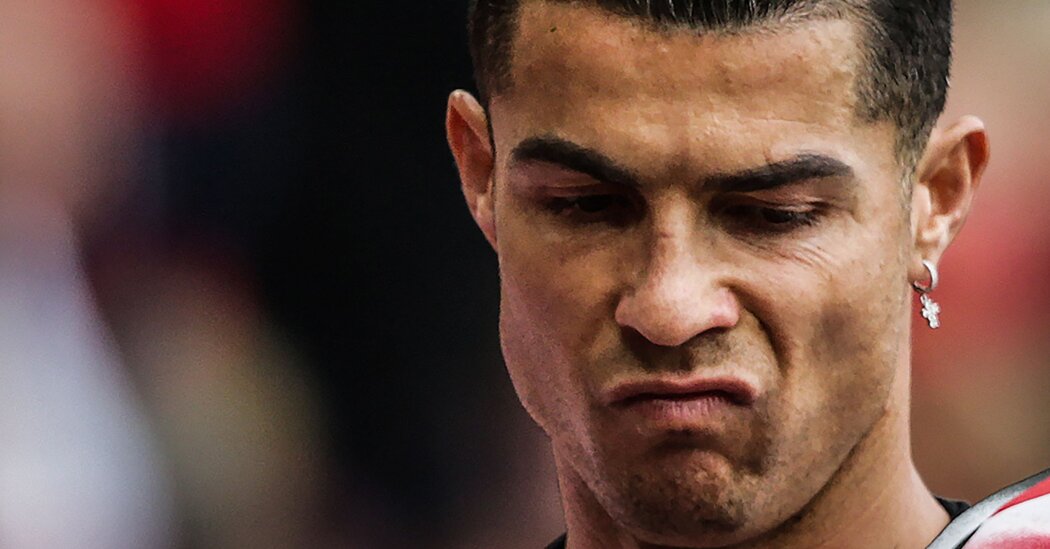It is not, of course, quite the coda to his glittering career Ronaldo might have anticipated. It is not, in truth, the coda his achievements warrant. There is scant reason to offer sympathy for that: His predicament, after all, comes with the not-irrelevant consolation of being the best-paid player at one of the world’s richest clubs.
But it is true, too, that Ronaldo is trapped by a function of modern soccer’s economics. Few players, if any, have done as much as Ronaldo, 37, to turn the game into the financial monster it has become; he has, for years, been one of the twin spearheads (and prime beneficiaries) of its relentless drive for global growth.
Now, though, he finds itself at the mercy of his own creation. All players, even the very best, reach an end. Their legs weary or their bodies creaking, they look for a slightly more comfortable place to spend their twilight years, somewhere the scrutiny is less glaring or the demands not quite as exacting or the task a touch less mountainous than at the game’s absolute peaks.
At times, whole leagues have served as an escape valve. European fans tend to sneer when players choose to move to Turkey or M.L.S. or (in former times) Russia and (briefly, brightly) China, but it is worth considering that it is not so long since the game’s great retirement home — the one that drew Ruud Gullit and Jürgen Klinsmann and all the rest of them with a promise of fat paychecks and supine opponents — was the Premier League of the 1990s.
More frequently, though, there were a whole cast of clubs who were willing to play that role. For the original Ronaldo and Ronaldinho, it was a waning A.C. Milan. For their Brazilian teammate Rivaldo, it was Olympiacos. Even Diego Maradona, after not one but two drug scandals, could find a safe landing spot for a time at Sevilla.
Sumber: www.nytimes.com
